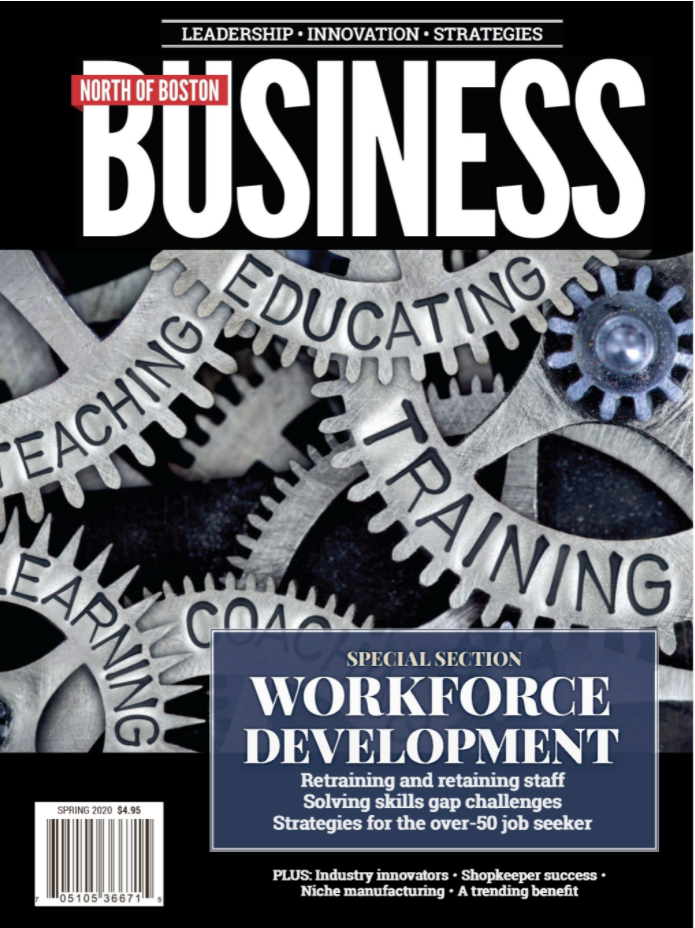ORIGINALLY PUBLISHED BY NORTH OF BOSTON MEDIA GROUP
By Beth Francis
Arturo Acosta always dreamed of opening his own restaurant. The Dominican-born chef, who spent much of his career in Chile, made that dream a reality in July of 2018 when he opened Japú in Lawrence. It was a risk, he says, introducing the concept of Nikkei – a fusion of Peruvian ingredients and Japanese culinary techniques – to the local food scene. But it was one worth taking, as just a few weeks after opening, the restaurant was already receiving rave reviews.
Japú was open just a few months when the 2018 gas explosions brought the entire region to an economic standstill, and the family-run restaurant was still recovering when the pandemic hit last year.
“Working with the fear of catching COVID as a family, then bringing the virus to our home, as well as carrying the pressure and responsibility of a staff member getting sick, dealing with low sales and operating with new protocols,” were just some of the things that, as a business owner, Acosta has worried about over the last 14 months.
And he’s certainly not alone. Hurdles have been high for restaurants, particularly for small eateries and those owned by women and people of color, and especially for those located in the Merrimack Valley, where challenges have been compounded by two tragedies in two years.
“It’s not just the short-term effects that the gas explosions and pandemic have had on our local restaurants,” said Derek Mitchell, executive director of the Lawrence Partnership. “It’s also the long-term changes accelerated by these events that have compelled us to create, and continue to expand, a collaborative plan that will help existing restaurants survive and new food businesses develop and thrive.”
In the immediate wake of COVID, the Merrimack Valley Business Support Coalition (MVBSC) – the group co-led by the Lawrence Partnership and Essex County Community Foundation (ECCF) that came together following the gas explosions – sprang to action, helping small businesses make the necessary pivots to avoid closure and, when the time came, apply for PPP loans from the federal government.
A special focus has been placed on restaurants, which make up a large percentage of area small businesses and have been particularly hard hit by COVID. (Earlier this year, the Independent Restaurant Coalition estimated that as many as 75% of the state’s restaurants were in danger of closing without significant support.)
“These small, family-owned food businesses are not only so culturally important to our Merrimack Valley communities, but they also create jobs, anchor our downtowns and commercial districts, and their success supports the suppliers, customers and landlords that rely on them,” said Stratton Lloyd, ECCF’s executive vice present and COO.
A new Digital Optimization Program – supported by a grant from the Massachusetts Office of Business Development – is at the heart of this newly sharpened focus on restaurants. Independently owned food businesses based in Lawrence, Andover, North Andover, Methuen and Haverhill are eligible to apply for the program, which offers customized digital capacity assessments; one-on-one expert consultations; unlimited access to food industry workshops and free or subsidized digital technology tools like website optimization and online ordering platforms.
“The goal here is to assist these smaller restaurants, which often don’t have the necessary resources, keep up with consumer demand to have everything online,” said Mitchell. “And the program was made possible largely because, in this region, we have an incredible network of collaborative working relationships.”
The Digital Optimization Program is offered through the Lawrence Partnership’s Revolving Test Kitchen (RTK), a newly renovated shared commercial kitchen space and springboard for local entrepreneurs looking to launch new food trucks, catering companies and small batch manufacturers.
“RTK is designed to incubate new food businesses that will eventually venture out on their own, create jobs and become part of the fabric of the community,” said Mitchell.
In addition to these new supports, the MVBSC – which continues to grow as more and more organizations invest in this vital collaborative work – will continue to help local restaurants pursue federal funding from the Restaurant Revitalization Fund, announced last month. The coalition also has plans to revive a local restaurant stimulus program designed to pay eateries to make food for those experiencing food insecurity.
“The level of collaboration we have seen in support of local businesses, and restaurants in particular, is unlike anything we’ve seen in other regions,” said Lloyd. “It’s a testament to the collective spirit here in Essex County.”
And it’s the type of support that Acosta says has helped him through a challenging time. “Thanks to this support we were able to stay active in the market,” he said. “Staying open allowed us to maintain a relationship with our customers as well as meet new faces.”
It’s also helped to give him a clearer picture of the future.
“I can see Japú expanding, and opening a second restaurant in a different city,” he said.
For more information on the Digital Optimization Program, Revolving Test Kitchen and to learn more about coordinated efforts to support this critical work, please visit lawrencepartnership.org and mvopenforbusiness.org.


